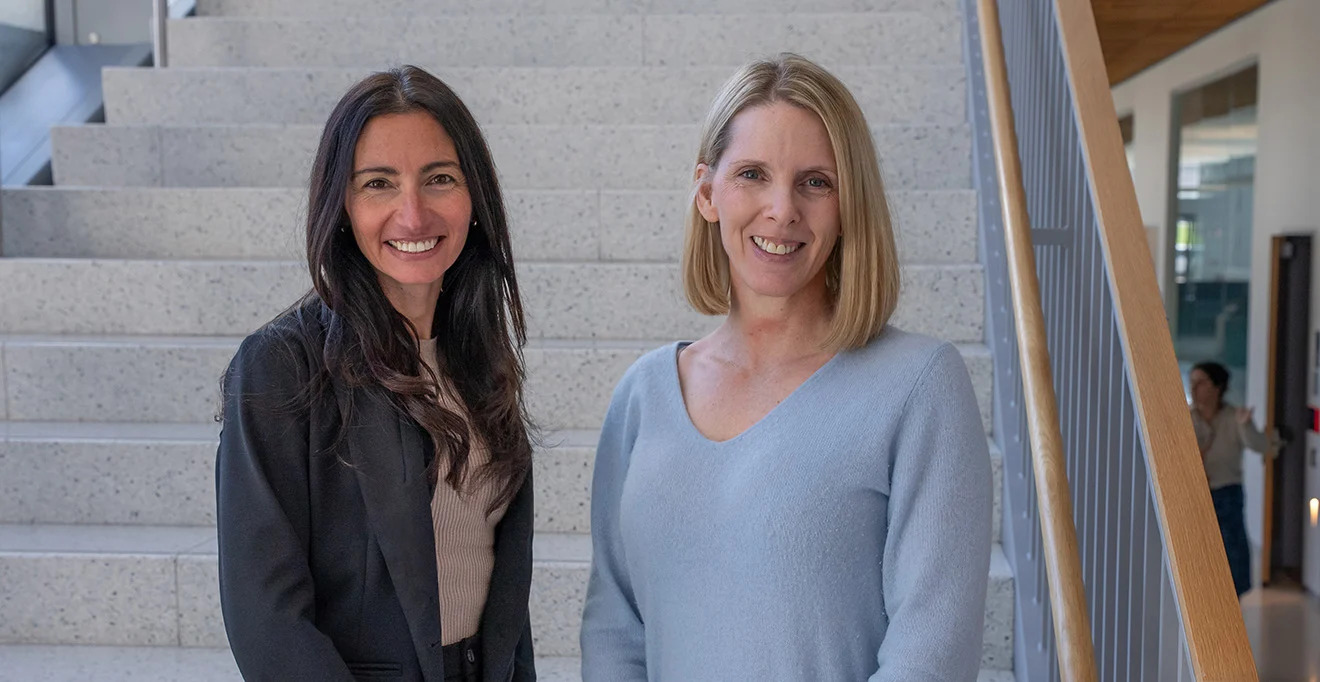As the use of GLP-1s, like Ozempic, has skyrocketed in the U.S., two researchers at UMass Chan Medical School in Worcester have received a $2 million award from the Centers for Disease Control and Prevention to study lifestyle change of those taking the popular drug.
UMass Chan will use the federal funding, which will be dispensed over four years, to launch a 220-participant study examining the efficacy of the use of Noom Weight, a widely-used weight loss program, and its GLP-1 Companion offering, in comparison with standard care, according to a Wednesday press release from UMass Chan.
The federal funding will also establish the Lifestyle Change Implementation Research Network Collaborating Center at the university’s Prevention Research Center, where the study will take place.
The study will be co-led by Jamie Faro, assistant professor of population & quantitative health sciences, and Stephenie Lemon, professor of population & quantitative health sciences and co-director of the Prevention Research Center.
“We’re going to look at what patients using GLP-1s are experiencing from early on in their journey, including changes in physical activity, diet, skeletal muscle mass, side-effect management, medication adherence and quality of life,” Faro said in the release. “We are hopeful this study addresses how lifestyle change interventions can impact these areas when implemented alongside patient’s medication.”
UMass Chan will source participants from the Worcester area who use GLP-1s for the management of obesity, diabetes or cardiovascular disease care.
Participants will be split into two groups, one using the Noom models, and the other utilizing standard care. Each will use a wearable device that tracks their physical activity over eight months while completing health and lifestyle-related questionnaires and dietary recalls.
“We want to establish evidence that can be applicable in other contexts that helps patients understand and engage in these necessary lifestyle interventions,” Lemon said in the release. “Otherwise, we’re going to have a population of GLP-1 users who lose weight but lose their muscle mass or have other issues that could be helped with lifestyle interventions, or who come off these meds and need additional support as they regain weight.”
The new center will collaborate with the CDC’s coordinating center and Prevention Research Centers. The university will begin to enroll patients in 2026.
“There needs to be more scientific evidence on how lifestyle change interventions can support patients’ needs in real-world settings,” Faro said in the release. “The team laid the groundwork for this project by conducting pilot projects in UMass Memorial Health clinics, funded by the UMass Chan Ambulatory Research Consortium and the Mel Cutler pilot award in the Department of Population & Quantitative Health Sciences.”
The three other institutions to receive CDC funding to launch their own lifestyle change centers include the University of Utah, University of Pittsburgh, and University of South Carolina.
Mica Kanner-Mascolo is a staff writer at Worcester Business Journal, who primarily covers the healthcare and diversity, equity, and inclusion industries.

